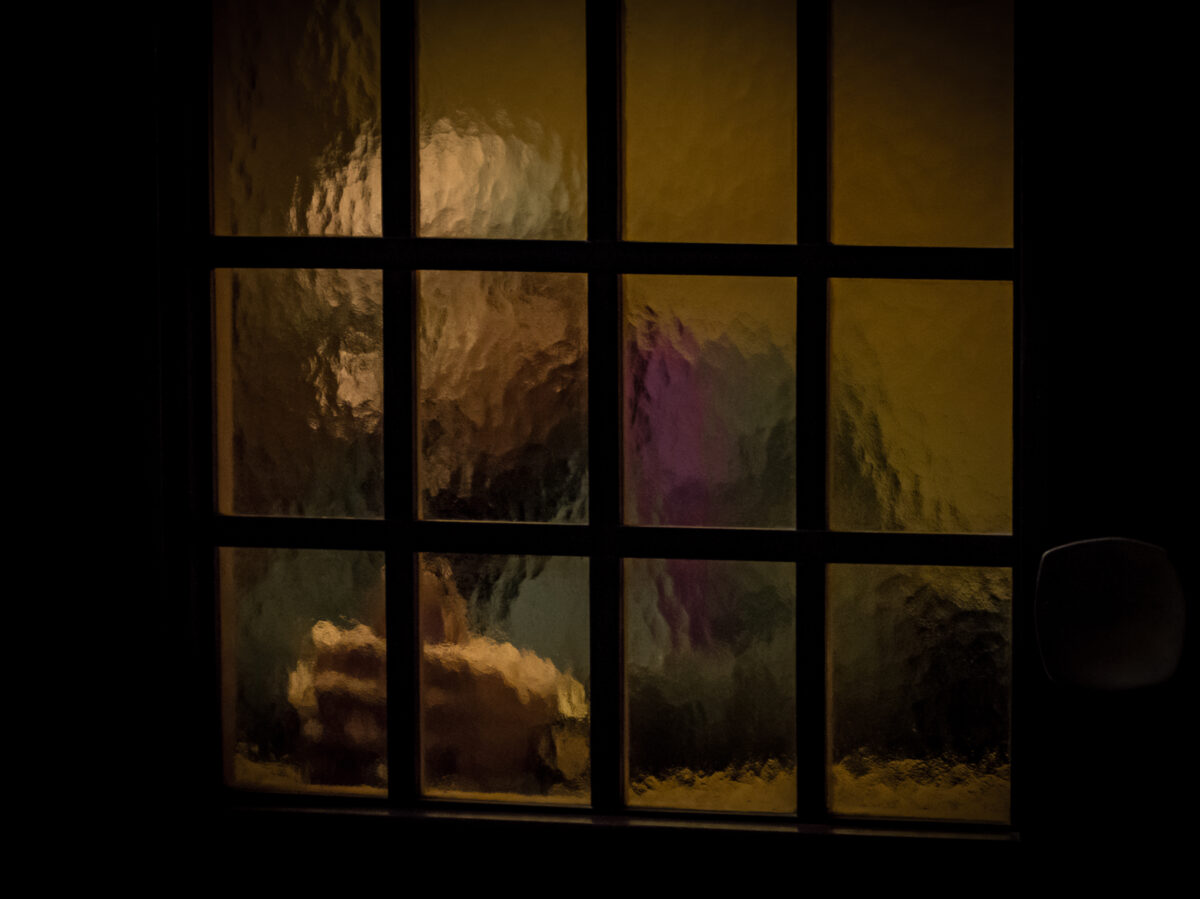Every year, we are presented with the opportunity to review our lives and ask ourselves if we are living holy lifestyles. On a simple level, a few simple questions are to be asked: am I in a state of mortal sin now? Have I been struggling with any habitual sin, and have I truly taken steps to correct these habits? It is in this way that many of the Catholic faithful improve themselves in the eyes of God over the course of their lives.
Indeed, as the faithful attended Mass this Advent and Christmas season, many took note of the seemingly routine return and subsequent exodus of “lukewarm” Christians at their parishes. Advent, being the true beginning of the liturgical year, invites those who have wandered from the narrow way to atone for their sins, make amends in confession, and to live a better life. In many ways, this is appropriate. This is the season in which the three kings from the east made their journey to see their born savior, and it is the season by which all of humanity was redeemed of its sin two millennia ago. We greet these seemingly fallen-away Catholics and invite them to partake in the sacraments of Our Lord, as is our duty, or in many cases, we find that we have become this person.
Truthfully, though, this is not enough.
When the lost soul attends his or her once-a-year Mass or once-a-year confession, or when one avoids confession for any period in fear or shame, they are refusing the offer of constant renewal and forgiveness that is so central to the promises of Our Lord. In the former case, either in ignorance or apathy, one chooses the comforts and pleasures afforded by the world over the eternal gratification found only in Christ; in the latter, one is as Judas, betraying Jesus and avoiding atonement through suicide.
To those of us who have fallen away from the frequent reception of the sacraments and have avoided Mass for one reason or another, I implore you: do not be as the rich man, who upon hearing that all earthly attachments must be put aside for Christ, sullenly left Christ’s side. Even on the smallest scale, the seemingly reckless abandon with which the apostles left behind their old lives is to be emulated. Abandon what is holding you back from Mass once a weekend, and participate fully in the mystical body of Christ.
To those of us who have merely strayed away from the path, and are in no rush to reach confession because of habit or shame, I ask you this: do not be as Judas. You have already killed your Lord, your only unconditional love and the very epitome of love, for His death would not have been necessary were it not for the sins of you and the rest of mankind. Yet, His boundless love surpasses this, and His offer of forgiveness is open for the taking. Take it.
Let us take the opportunity, not just now, but starting now and for the remainder of our lives, to constantly seek out those things that please God, and avoid those things that hurt our souls and our relationship with Him. We are called to do more than the bare minimum.
I will leave you with this beautiful excerpt from Saint Bede the Venerable.
So we pay heed to the first month of the year, which is also called the month of first-fruits, in which we celebrate Easter. For this is the month in which the world was fashioned and the first man installed in Paradise. Through the mystery of this feast we hope that we shall recover our primal robe and return once more to that first realm of supernal joy from which we departed into a far-off land. Of the glory of this kingdom the blessed Apostle Peter writes: Nevertheless we, according to his promise, look for new heavens and a new Earth, wherein dwelleth righteousness. And also John in his Apocalypse: Then said he that sat upon the throne, Lo, I make all things new.
Saint Bede, De temporum ratione

